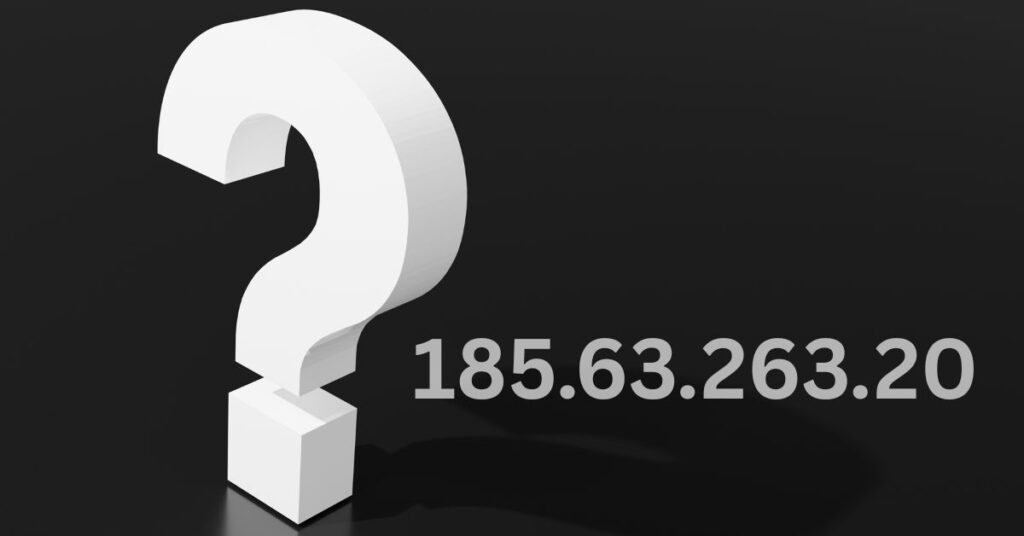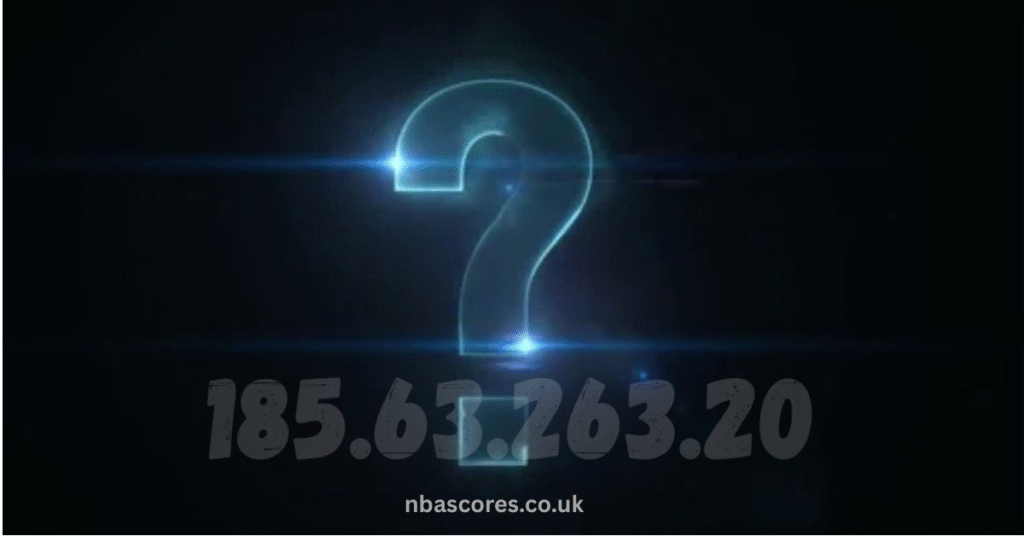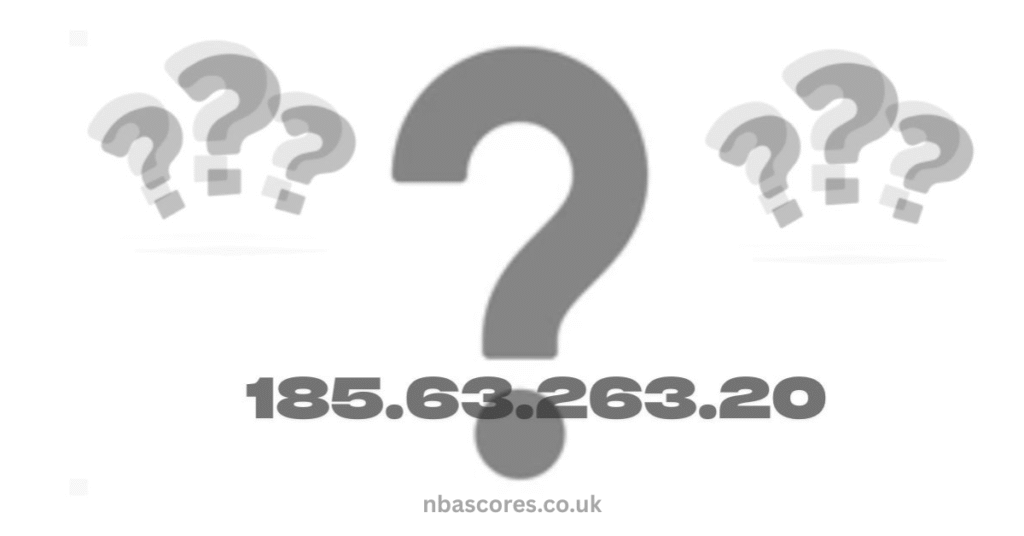Why Is 185.63.263.20 Showing Up in Searches?
Here’s where things get a little odd. 185.63.263.20 isn’t a real IP address, but it still appears in Google searches, SEO tools, and even in online discussions. That makes people curious—“If it’s not valid, why does it show up?”
Some possible reasons are:
- Someone might have used it by mistake in code, blogs, or websites.
- Bots or fake traffic could be pushing it into search results.
- SEO tools may track it as a trending keyword even though it’s not real.
- People may believe it’s linked to spam or hacking and start searching for it.
So, even though the IP doesn’t exist, the mystery around it keeps it trending online—and that’s probably why you’re reading about it now.
Is It Dangerous? Should You Worry?
Seeing a strange IP like this can feel alarming, especially if you notice it in server logs or firewall reports. But here’s the truth: 185.63.263.20 can’t harm you directly. It’s not a usable address and devices can’t connect to it.
Still, here are a few things to keep in mind:
- If you see it in emails or messages, don’t click—it might be part of a scam.
- If it shows in your server logs, it could be fake or suspicious traffic.
- If it appears often, check your security settings or talk to an IT expert.
👉 No need to panic—but do stay alert.

What to Do If You See 185.63.263.20
If this IP shows up in your logs or reports, here’s what you should do:
- Don’t try to visit it—it won’t work.
- Look for patterns. Are other strange IPs showing up too? That could mean bot activity.
- Strengthen your defenses. Tools like Cloudflare or Wordfence (for WordPress) can help block unwanted traffic.
- Report it to your host or security team if you’re worried.
Just remember: looks like an IP ≠ safe or real.

How Does Google Treat Invalid IPs?
Google is smart, but it still picks up strange or fake data sometimes. If an invalid IP like 185.63.263.20 gets searched a lot, or if it appears in enough blogs and tools, Google may treat it like a keyword.
This can create:
- Fake search trends
- Odd keyword suggestions
- Spam websites trying to rank for it
Basically, when people talk about it often enough, Google assumes it matters—even if it’s nonsense.
Other Examples of Fake IP Addresses
185.63.263.20 isn’t the only one. Here are a few more invalid examples:
- 999.999.999.999 – Numbers are too high.
- 256.256.256.256 – No section of an IP can be over 255.
- 123.456.789.000 – 456 and 789 don’t exist in IP format.
- 185.63.263.abc – Letters aren’t allowed in IPs.
If you see something like this, it’s not real—it’s either broken, fake, or a trick.

Is It a Honeypot?
Some people wonder if this address is tied to a honeypot—a fake system used by cybersecurity experts to catch hackers. Honeypots look like real servers but are actually traps for malicious activity.
But in this case, that’s unlikely. Since 185.63.263.20 isn’t valid at all, it can’t host a honeypot. Still, it could appear in honeypot logs if hackers try to use fake IPs to mask their activity.
How to Protect Yourself From Fake IPs
Staying safe online is simple if you follow a few good habits:
- Use a trusted antivirus and firewall.
- Don’t click on suspicious links or strange IP addresses.
- Keep your software updated—old systems are easier to attack.
- Use strong, unique passwords.
- Monitor your logs. If you see unusual activity, look deeper.
The internet can be safe if you stay cautious and informed.
Conclusion
185.63.263.20 isn’t a real IP address. No device or server can use it, and it breaks IP rules. The reason it keeps showing up is likely due to mistakes, SEO noise, or spam traffic—not because it’s legitimate.
If you see it, don’t panic. Just treat it like any other suspicious number online: stay cautious, don’t click it, and keep your systems secure.
FAQs
Can I block 185.63.263.20?
Yes, but since it’s invalid, your system likely ignores it already. Blocking similar IPs is still a good practice.
Is it used by hackers?
Not directly, but hackers may include fake IPs in spam or traffic to confuse systems.
Why does it show in SEO tools?
Probably because bots generate fake searches or spam pages that push it into keyword lists.
Should I worry if I see it in logs?
Not really—but always check for other unusual activity.
Can I visit 185.63.263.20 in my browser?
No, browsers and servers will reject it because it’s invalid.







